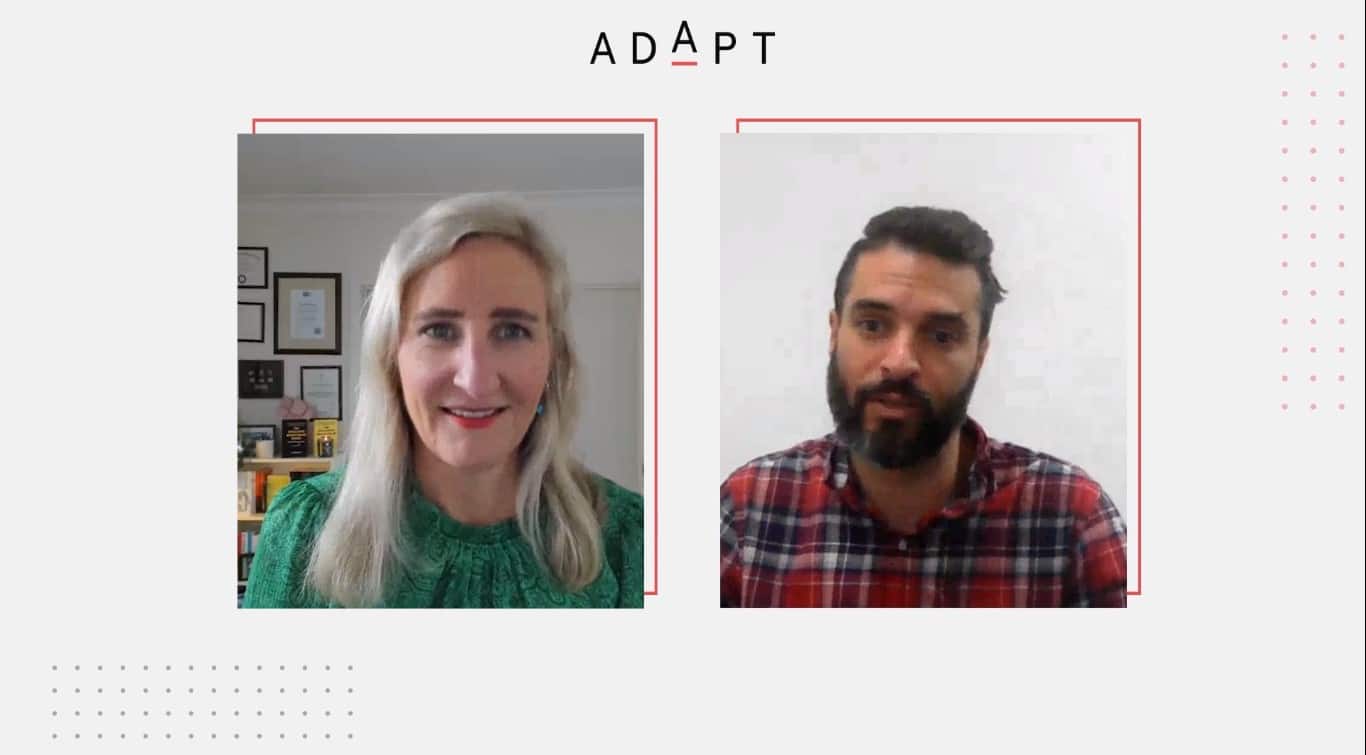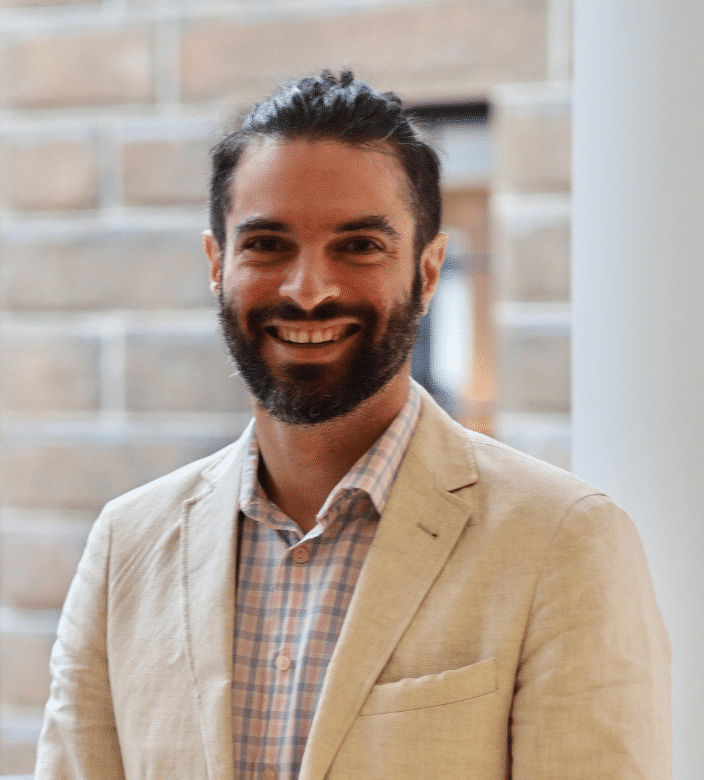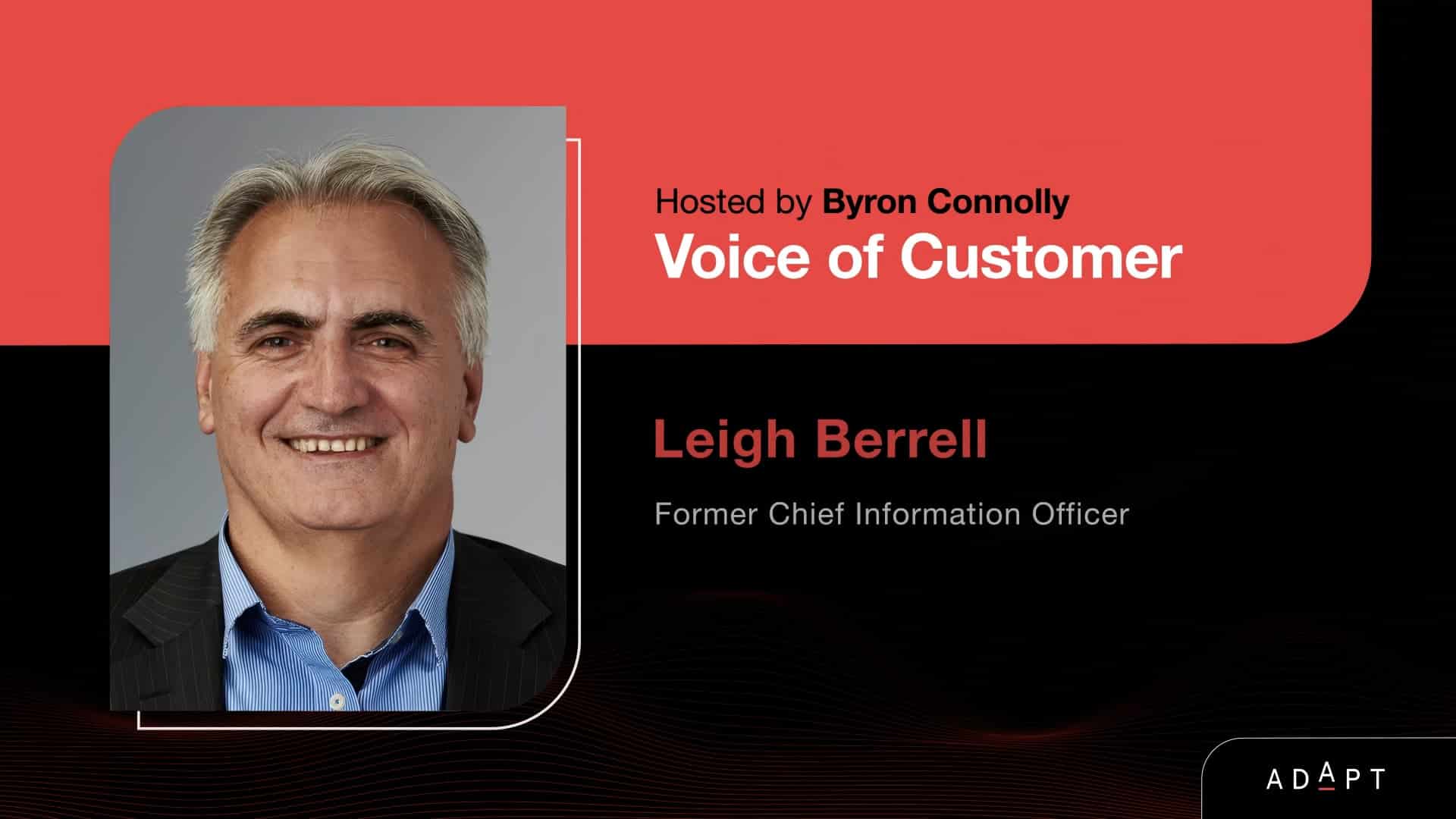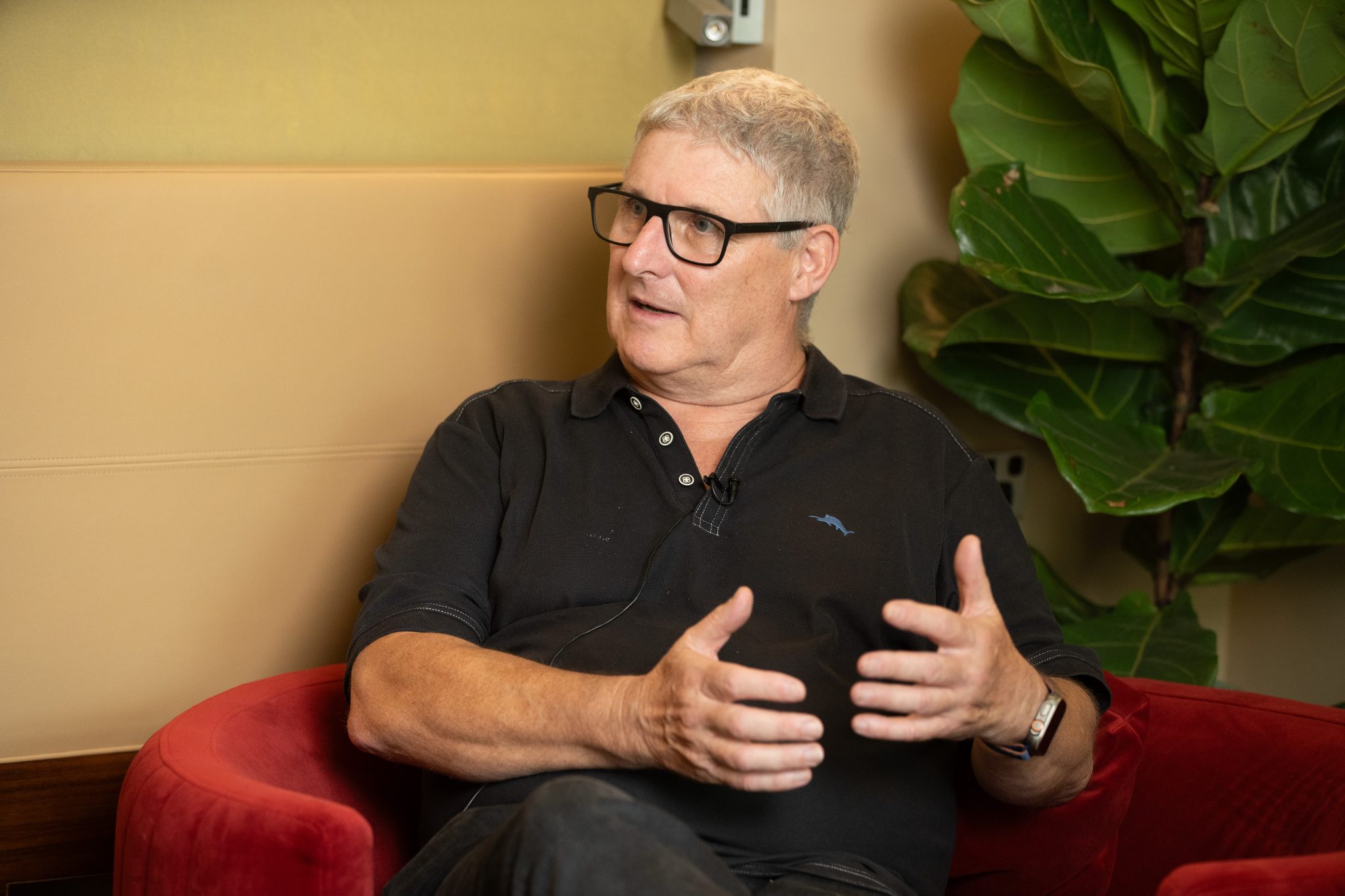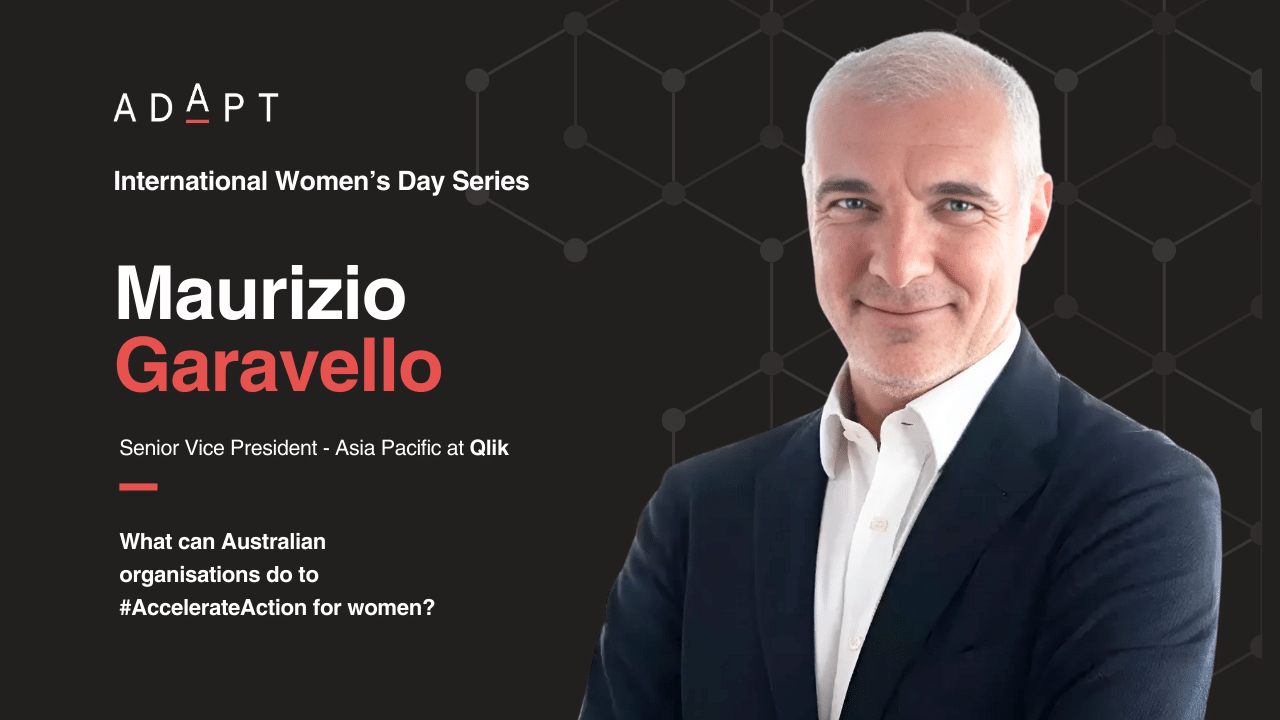Understanding the Behavioural Science of Influencing Action with Bri Williams
People Pattern's Founder's session at People Edge, "The Behavioural Science of Influencing Action," promises to provide valuable insights into the principles behind human behaviour and how they can be harnessed to achieve desired outcomes.In today’s fast-paced and competitive business landscape, influencing others to take action is crucial for success.
Whether you’re leading a sales team, managing IT security, or driving organisational change, the ability to understand and leverage behavioural science can give you the edge you need.
One expert in this field, Bri Williams, Founder of People Patterns, will be speaking at ADAPT’s People Edge event on 26 July.
Her session, “The Behavioural Science of Influencing Action,” promises to provide valuable insights into the principles behind human behaviour and how they can be harnessed to achieve desired outcomes.
Let’s delve into the details of Bri’s upcoming session and the interview she had with ADAPT.
The Missing Link: Behavioural Science in Driving Organisational Outcomes
Behavioural science serves as the missing link in stimulating people to take action and change their behaviour effectively.
Irrespective of the department or role you’re in, the ability to influence others is paramount. Bri Williams emphasises that behavioural science underpins all activities, including sales, IT, finance, and human resources.
By understanding what truly drives behaviour, professionals can avoid common mistakes, reduce frustration, and enhance productivity in the workplace.
Key Takeaways from Bri’s Session
During Bri’s session, attendees will gain valuable insights into the following aspects:
- The Fallacy of Listening: Contrary to popular belief, listening alone is overrated when it comes to influencing behaviour. Bri highlights the discrepancy between what people say they will do and their actual behaviour. Understanding this “say versus do” gap is crucial for effective influence.
- The Three Reasons for Inaction: Bri outlines the three primary reasons people resist taking action and provides strategies to address them. By recognising these barriers and employing behavioural science techniques, professionals can overcome resistance and drive desired outcomes.
- Harnessing Behavioural Science: Bri shares how to utilise behavioural science principles to influence outcomes effectively. By stepping into the shoes of others, practising empathy, and understanding their perspective, professionals can bring about behaviour change in both individuals and teams.
Influencing Across Individuals, Teams, and Cultures
When it comes to influencing behaviour, understanding individual dynamics and perspectives is essential.
However, Bri emphasises that influencing individuals and influencing teams or organisational culture are not mutually exclusive.
Behavioural science provides techniques that can be applied regardless of the scope or scale of influence, leveraging the inherent decision-making processes that drive human behaviour.
Driving Organisational-wide Change
Organisational-wide change and transformation can be challenging due to competing business priorities and siloed operations. Bri suggests that understanding the core drivers of behaviour is crucial for achieving alignment and overcoming obstacles. By influencing stakeholders effectively and ensuring their buy-in, professionals can navigate competing priorities and drive change across the organisation.
Raising the Barriers to Entry in Human Resources
Bri believes that behavioural science can help elevate the credibility and authority of the human resources function.
By utilising science-based principles grounded in observed behaviour rather than self-reported behaviour, HR professionals can bring objective insights to the table.
This approach enhances the effectiveness of HR initiatives and raises the overall standards in the field.
Conclusion
Bri Williams’s session at ADAPT’s People Edge event promises to be a valuable opportunity to gain insights into the behavioural science of influencing action.
Understanding the principles that drive human behaviour and utilising this knowledge can significantly impact individual and organisational outcomes.
By challenging conventional wisdom, embracing empathy, and adopting evidence-based techniques, professionals can enhance their ability to influence others positively.
As we continue to adapt to an ever-changing business landscape, harnessing the power of behavioural science will be a crucial differentiator for success.





















